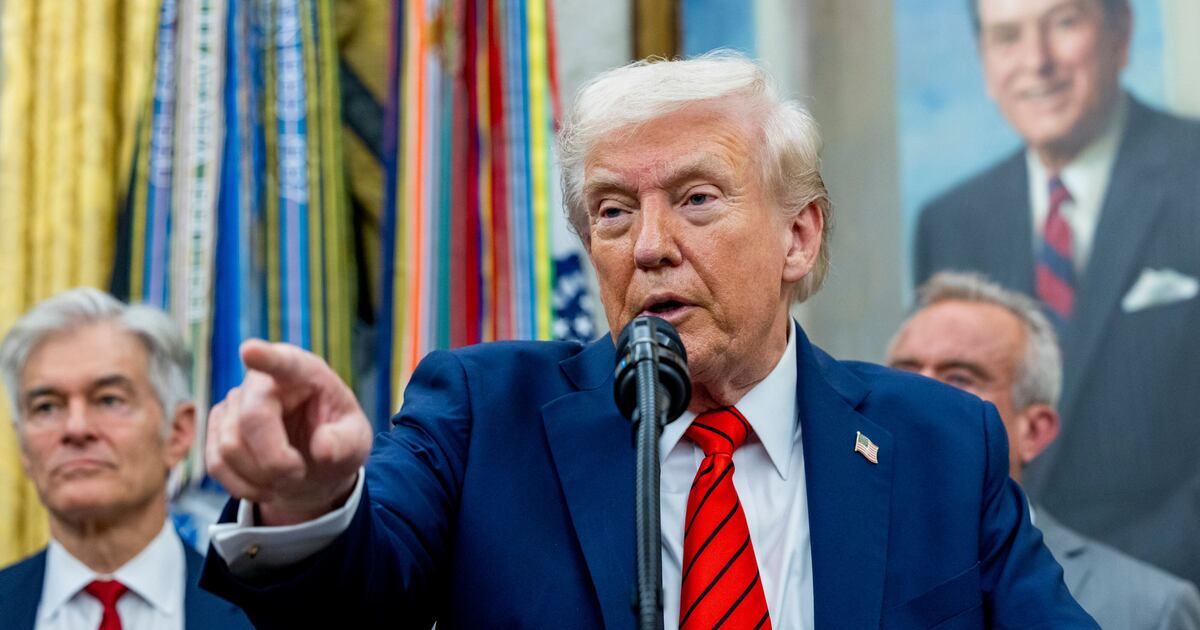Home / Business and Economy / South Korean Stocks Tumble as U.S.-China Trade Tensions Resurface
South Korean Stocks Tumble as U.S.-China Trade Tensions Resurface
13 Oct
Summary
- KOSPI falls 2.3% amid U.S.-China trade dispute
- Experts see limited impact from potential new tariffs
- Weaker won adds uncertainty for foreign investors

On October 13th, 2025, South Korean stocks experienced a sharp decline as the KOSPI fell 2.3% in early trading, following a drop in U.S. markets the previous week. The renewed tensions between the U.S. and China over trade have weighed heavily on the South Korean market, with most large-cap stocks, including Samsung Electronics and SK Hynix, seeing significant losses.
Despite the initial market reaction, experts believe the long-term impact of the trade dispute will be limited. Analysts note that both the U.S. and China have learned from their "tariff chicken game" in 2024, and are unlikely to actually impose the high tariffs threatened. The shock to financial markets is expected to be muted, as the countries recognize the mutual harm that would result from such measures.
However, the weakening South Korean won against the U.S. dollar is adding uncertainty for foreign investors in the country. In the past, periods of won weakness have coincided with foreign investors' net buying, followed by a shift to won strength and profit-taking. But the timing of any potential dollar weakness and won strength is difficult to predict, given the ongoing U.S.-Korea trade negotiations and the upcoming leadership election in Japan.




